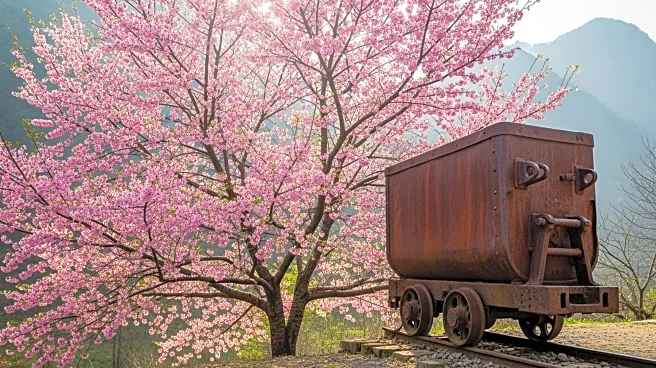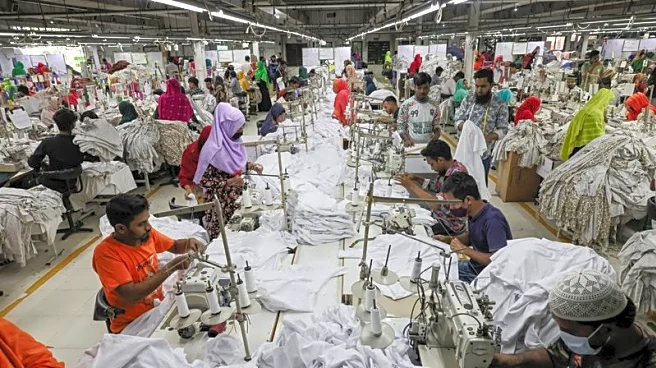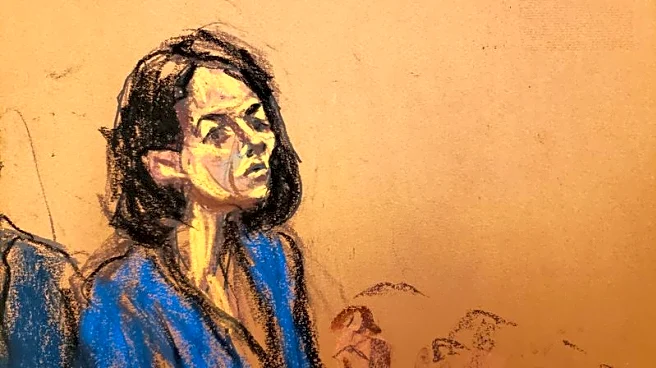What is the story about?
What's Happening?
A Japanese civil group, Kizamu Kai, has discovered suspected human bones at the Chosei Mine site in Yamaguchi prefecture, where approximately 180 Korean forced laborers died in a 1942 accident. The remains, found by Korean divers, include possible limb bones and a skull. These findings are set to be examined by local police to confirm their identity. The discovery follows a recent summit between Japanese Prime Minister Shigeru Ishiba and South Korean President Lee Jae Myung, aimed at strengthening bilateral ties while avoiding historical disputes. The Chosei Mine, operational since 1914, experienced a catastrophic collapse in 1942, killing 183 workers. Efforts to recover remains began last year, driven by citizen initiatives to honor the victims.
Why It's Important?
The discovery of these remains is significant as it underscores the historical tensions between Japan and South Korea over wartime atrocities. The use of Korean forced laborers during WWII remains a sensitive issue, with ongoing demands for recognition and compensation. This event could impact diplomatic relations, as both nations strive to balance historical grievances with current geopolitical needs, particularly in the face of regional security challenges posed by China. The Japanese government's response to this discovery may influence public perception and international relations, highlighting the delicate balance between acknowledging past wrongs and fostering future cooperation.
What's Next?
The examination of the bones by local authorities will determine the next steps in the recovery process. The Japanese government, which has been cautious about funding such searches, may face increased pressure to support these efforts. Additionally, the outcome of this discovery could prompt further discussions between Japan and South Korea regarding historical reconciliation and compensation. The international community, particularly allies like the United States, may also play a role in encouraging dialogue and cooperation between the two nations.
Beyond the Headlines
This discovery raises broader questions about how nations address historical injustices and the role of civil society in preserving memory. The reluctance of the Japanese government to fully engage with these issues reflects a broader challenge in reconciling national narratives with historical facts. The involvement of citizen groups like Kizamu Kai highlights the importance of grassroots efforts in historical preservation and reconciliation.


















